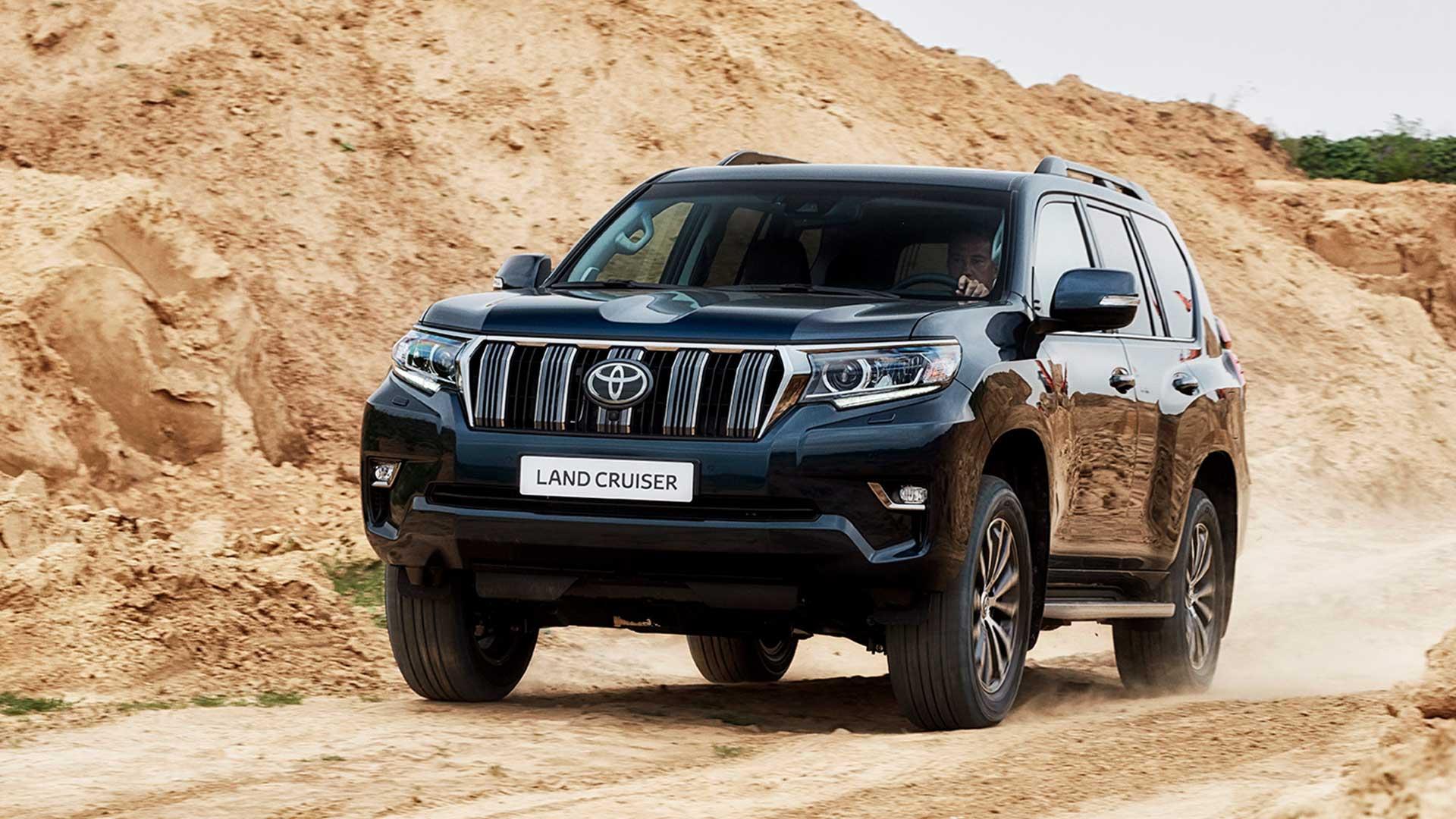If you arrive at the hospital with your right foot in your left hand, you would rather not have the doctor dab iodine on your scrapes first. And that's how it sometimes feels when an airport presents sustainable initiatives. Of course, everything surrounding flying could be more sustainable, but it may not be the highest priority.
Schiphol placed an order for 8 million liters of HVO100 last week. This is more sustainable diesel that produces 98 percent fewer CO2 emissions. For example, the car that takes the luggage to the plane is suddenly a lot more sustainable. In total, around 1,900 vehicles at Schiphol still run on diesel. It is not necessary to convert these vehicles.
Of course, it is very good that Schiphol is also tackling this form of emissions, because even the little bits help. But to put it into perspective: Schiphol expects average traffic this week 1,240 flights per day. A small 737 can carry almost 30,000 liters of kerosene and the larger 747 has a capacity of even more than 180,000 liters.
Sustainable kerosene?
It would not be fair to claim that Schiphol does nothing about aircraft emissions. Since 2021, airlines have been able to refuel with more sustainable kerosene. But the airport immediately admitted that the price is two to three times higher and that the costs are putting pressure on demand. A factory with eFuels for aircraft should be opened in the port of Amsterdam in 2027. This factory must produce 50,000,000 kilos of sustainable kerosene per year.
40 percent of the equipment at Schiphol is already electric
Let's end on a positive note, so back to the vehicles at Schiphol, because sustainability is going quite well there. In addition to the diesel vehicles that are now running on sustainable fuel, 40 percent of the motorized equipment is already completely electric. Just think of the buses that take you to the plane. Ultimately, everything that drives at Schiphol must be completely electric or run on hydrogen. If kerosene becomes a lot more sustainable, we will come a long way.

#Schiphol #switching #sustainable #fuel #aircraft